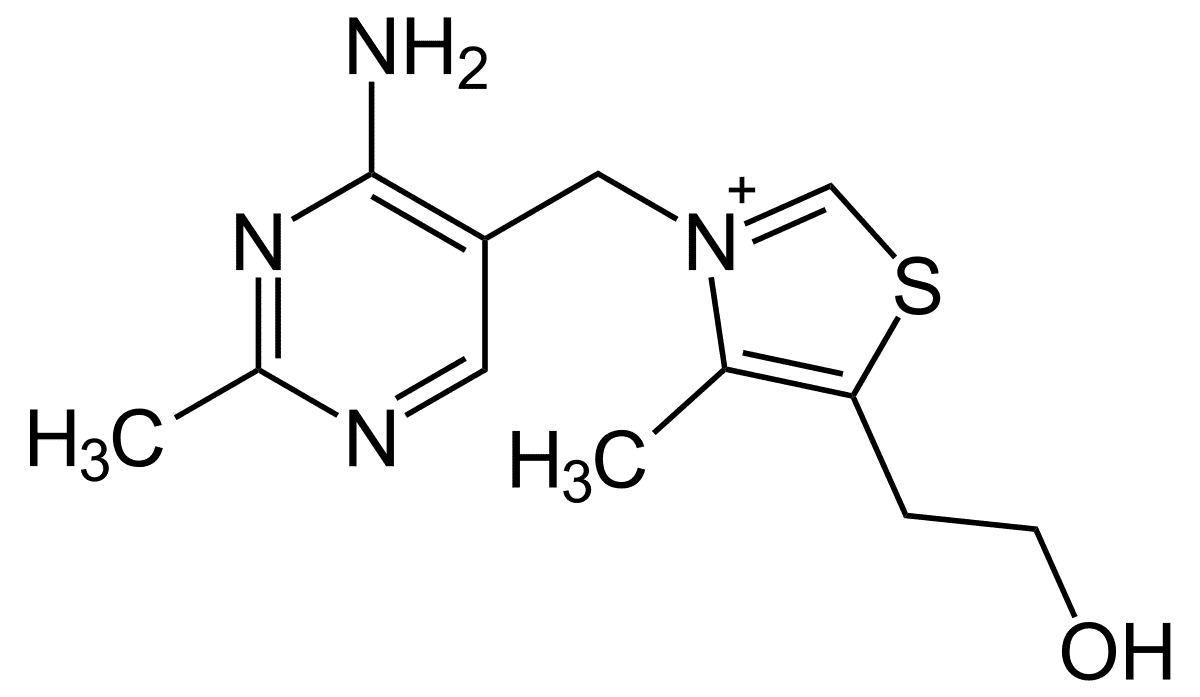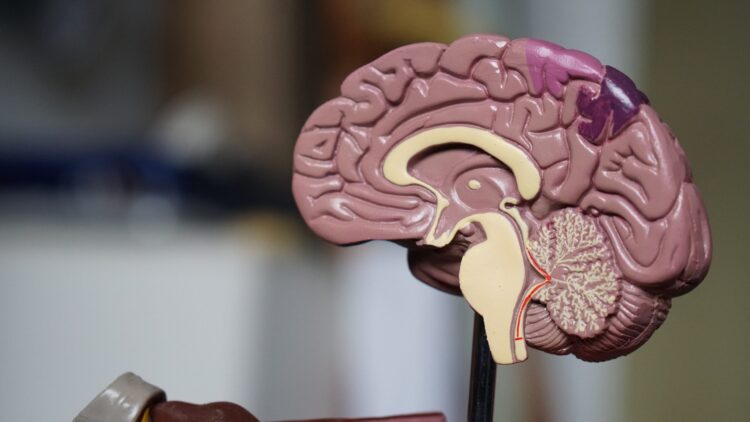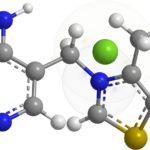Candeias
Member
- Joined
- Apr 29, 2018
- Messages
- 220
5-S-cysteinyl-dopamine, a neurotoxic endogenous metabolite of dopamine: Implications for Parkinson's disease
"Parkinson's disease (PD) is the second most common neurodegenerative disease worldwide and is characterized for being an idiopathic and multifactorial disease. Extensive research has been conducted to explain the origin of the disease, but it still remains elusive. It is well known that dopamine oxidation, through the endogenous formation of toxic metabolites, is a key process in the activation of a cascade of molecular events that leads to cellular death in the hallmark of PD. Thio-catecholamines, such as 5-S-cysteinyl-dopamine, 5-S-glutathionyl-dopamine and derived benzothiazines, are endogenous metabolites formed in the dopamine oxidative degradation pathway. Those metabolites have been shown to be highly toxic to neurons in the substantia nigra pars compacta, activating molecular mechanisms that ultimately lead to neuronal death. In this review we describe the origin, formation and the toxic effects of 5-S-cysteinyl-dopamine and its oxidative derivatives that cause death to dopaminergic neurons. Furthermore, we correlate the formation of those metabolites with the neurodegeneration progress in PD. In addition, we present the reported neuroprotective strategies of products that protect against the cellular damage of those thio-catecholamines. Finally, we discuss the advantages in the use of 5-S-cysteinyl-dopamine as a potential biomarker for PD."
The same study cites things/studies like taurine, vitamin C/E, Q10, GSH, NAC and a wide variety of polyphenolic compounds that decrease cellular damage from these oxidized dopamine compounds and consequently the inhibition of Lewy bodies and neurites accumulation.
Now it seems to me that increasing dopamine in people with imminent Parkinson's (loss of more than 70% of dopaminergic neurons in the substantia nigra pars compacta) will only make the problem even worse. And the ideal scenario would be to increase the consumption of neuroprotective substances that "mitigate mitochondrial dysfunction, reducing both levels of oxidative stress and inflammatory responses, and inhibiting the fibril accumulation of a-syn".
@Mauritio
@haidut
Comments?
"Parkinson's disease (PD) is the second most common neurodegenerative disease worldwide and is characterized for being an idiopathic and multifactorial disease. Extensive research has been conducted to explain the origin of the disease, but it still remains elusive. It is well known that dopamine oxidation, through the endogenous formation of toxic metabolites, is a key process in the activation of a cascade of molecular events that leads to cellular death in the hallmark of PD. Thio-catecholamines, such as 5-S-cysteinyl-dopamine, 5-S-glutathionyl-dopamine and derived benzothiazines, are endogenous metabolites formed in the dopamine oxidative degradation pathway. Those metabolites have been shown to be highly toxic to neurons in the substantia nigra pars compacta, activating molecular mechanisms that ultimately lead to neuronal death. In this review we describe the origin, formation and the toxic effects of 5-S-cysteinyl-dopamine and its oxidative derivatives that cause death to dopaminergic neurons. Furthermore, we correlate the formation of those metabolites with the neurodegeneration progress in PD. In addition, we present the reported neuroprotective strategies of products that protect against the cellular damage of those thio-catecholamines. Finally, we discuss the advantages in the use of 5-S-cysteinyl-dopamine as a potential biomarker for PD."
The same study cites things/studies like taurine, vitamin C/E, Q10, GSH, NAC and a wide variety of polyphenolic compounds that decrease cellular damage from these oxidized dopamine compounds and consequently the inhibition of Lewy bodies and neurites accumulation.
Now it seems to me that increasing dopamine in people with imminent Parkinson's (loss of more than 70% of dopaminergic neurons in the substantia nigra pars compacta) will only make the problem even worse. And the ideal scenario would be to increase the consumption of neuroprotective substances that "mitigate mitochondrial dysfunction, reducing both levels of oxidative stress and inflammatory responses, and inhibiting the fibril accumulation of a-syn".
@Mauritio
@haidut
Comments?
Attachments
Last edited:





